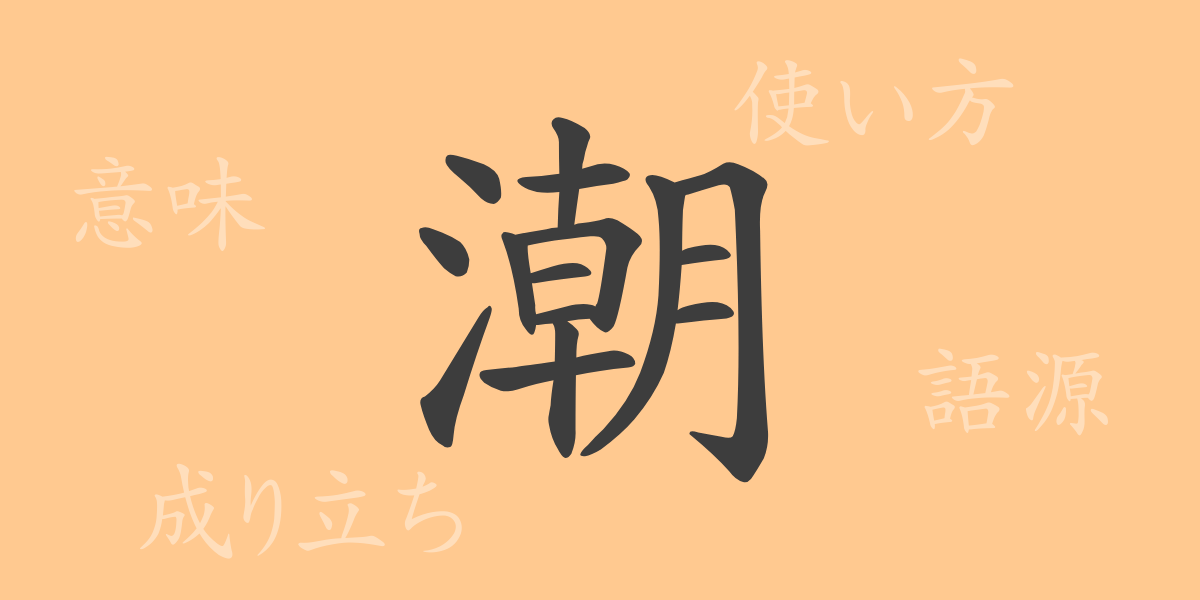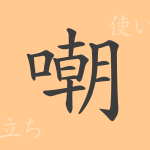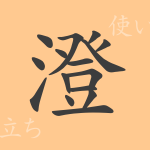The Japanese character ‘潮(チョウ)’ is deeply rooted in Japanese culture and nature, symbolizing the ebb and flow of the sea. This character enriches the Japanese lifestyle and language with its expressive power. This article explores the etymology, phrases, and idioms related to ‘潮’, delving into its allure and applications.
Origins of ‘潮(チョウ)’
The kanji ‘潮’ has been used since ancient times to symbolize the movement of water. Originating from an ancient Chinese term that depicted the rising and falling of water, it settled into a word meaning the periodic changes in sea or river levels. In Japan, ‘潮’ has long been an indispensable concept in fishing and navigation.
Meaning and Usage of ‘潮(チョウ)’
While ‘潮’ primarily refers to the periodic changes in sea levels, it is also used metaphorically. For instance, ‘潮の流れ(しおのながれ)’ can refer to the trends of the times or social movements, and ‘潮を読む(しおをよむ)’ might denote the ability to discern the situation or demonstrate insight.
Pronunciation, Stroke Count, and Radical of ‘潮(チョウ)’
‘潮’ is a common kanji in Japanese, with details as follows:
- Pronunciation: On’yomi ‘チョウ’, Kun’yomi ‘しお’
- Stroke Count: 15 strokes
- Radical: ‘水’ which is also read as ‘みず’ and pertains to water.
Phrases, Idioms, and Proverbs Using ‘潮(チョウ)’
There are numerous idioms and proverbs including ‘潮’, each showcasing the richness of Japanese expression:
- ‘潮時(しおどき)’ – The right time to end something, the moment to withdraw.
- ‘潮流に乗る(しおりゅうにのる)’ – To seize the momentum of the times for action.
- ‘潮目が変わる(しおめがかわる)’ – A significant turning point in a situation.
Conclusion on ‘潮(チョウ)’
The kanji ‘潮’ extends beyond natural phenomena to reflect societal changes and emotional states. Surrounded by the sea, the Japanese archipelago imbues ‘潮’ with profound meanings, reflecting the interaction and sensibilities of the Japanese people with the ocean. Through this article, we hope you gain a deeper appreciation of the intricate world embodied by ‘潮’.

























